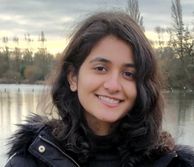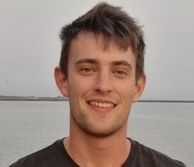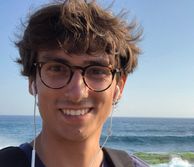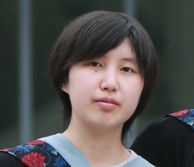Georg Wachter
 Start date: 03-10-2020
Start date: 03-10-2020
Academic department: Life Sciences
Title of research project: Engineering Synthetic Turing Patterns
Academic supervisor: Professor Robert Endres
Native country: Vienna, Austria
How has the scholarship award enabled you to pursue your ambitions?
Throughout my undergraduate studies I have been bouncing between biophysics and bioengineering projects in synthetic biology or DNA nanotechnology. Many PhD projects require the student to decide between either a theoretical or practical focus. The Schrödinger scholarship has given me the opportunity to pursue my acedemic interests freely. In my project I tightly integrate mathematical theory with synthetic biology to engineer multicellular organisation.
Why did you choose to study at Imperial?
I chose to study at Imperial because of the quality of supervision in biophysics and synthetic biology. I found the environment at Imperial incredible – people have various technical backgrounds and are keen to share their expertise. I have never struggled to find someone with experience in a relevant field if I needed someone to discuss my research with.
What have you been up to on the programme so far?
Since starting my PhD, I used mathematical modelling to explore how different experimental setups can influence synthetic cell patterning. Additionally, I worked in the lab to see how my engineered cells behave and started to use liquid handling robots to speed this up. Moreover, I supervised the Imperial College 2020 iGEM team and started supervising a master’s student. I also helped to revamp SynBioUK, a UK wide synthetic biology society focussing on graduate students.






